Protecting Your Goods And Car From Bailiffs
Government departments and councils instruct bailiffs to return cases within 90 days if they are unsuccessful in collecting debts or gaining access to controlled goods. However, bailiff companies can request an extension of up to 180 days if they believe they have a chance of recovering the money.
A Notice of Enforcement (NOE) must be acted upon within 12 months from the date of issue, a limit set by regulation 9 of the Taking Control of Goods Regulations 2013.
After this period, if the bailiff still intends to remove goods, a new NOE must be issued, resetting the 12 months. Issuing a second notice is uncommon because the costs of pursuing old debts often outweigh the benefits.
Additionally, the Limitation Act 1980, Section 9, imposes a statutory limit of 6 years for debt enforcement.
Bailiffs can only use a locksmith to gain entry when the premises are commercial, or they are executing a Writ of Possession to evict tenants or recover money owed to HMRC. These situations are rare and costly for bailiffs.
It is advisable to install a video doorbell camera, as bailiffs prefer to avoid being recorded. Communicate through the doorbell app and ask the bailiff to show their enforcement certificate to the camera.
This DCBL bailiff didnt have a valid certificate when he called to confront a company director
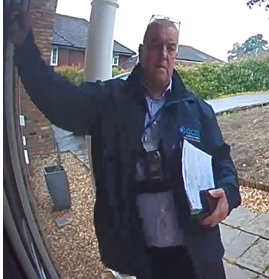
Genuine: Bailiff's Enforcement Certificate
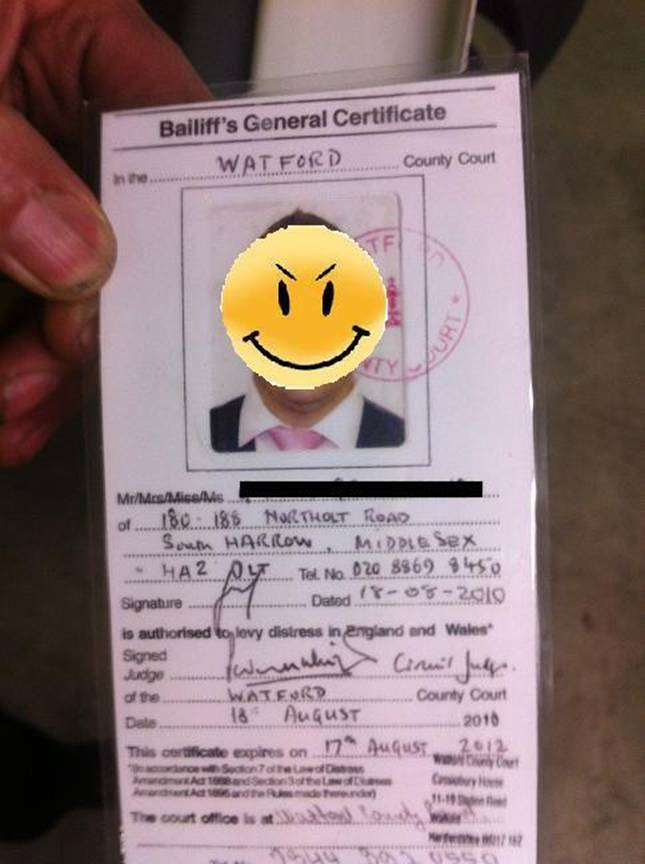
Fake! Bailiffs's police-like warrant card and badge
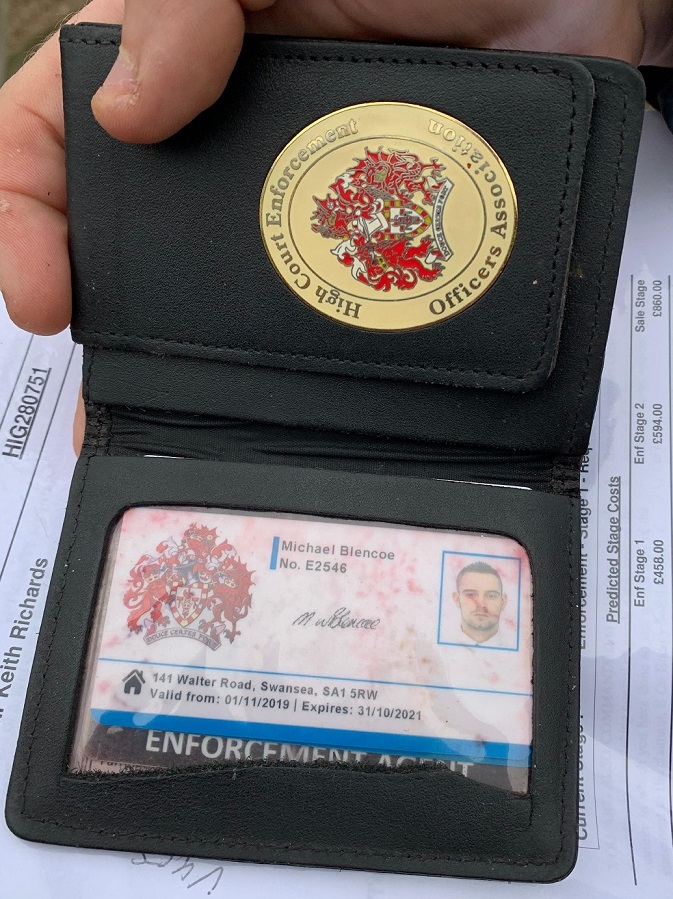
Genuine. Police warrant card and badge
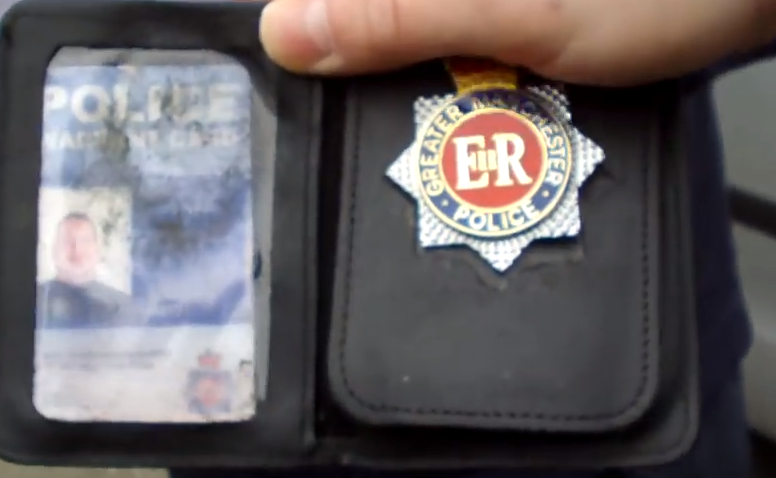
Fake! Marston (Holdings) Limited bailiff flashing his fake police-like badge
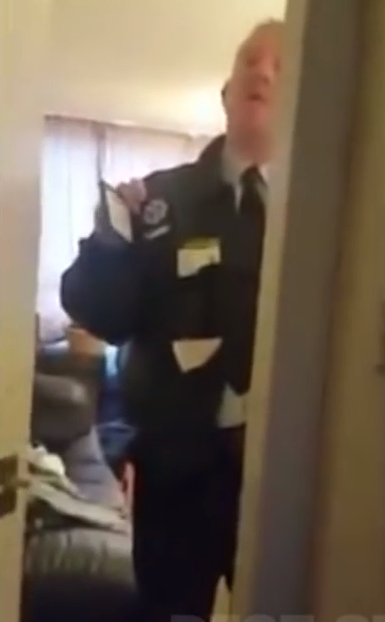
Fake! Another bailiff flashing a fake police-like warrant card
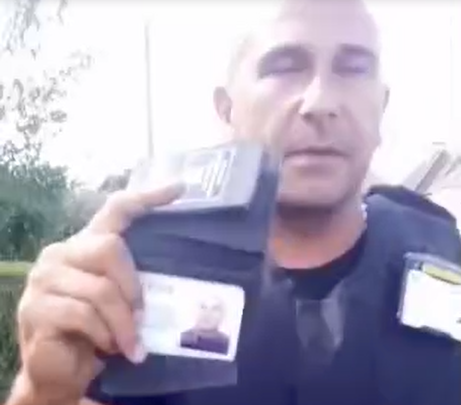
Bailiffs typically target vehicles first. They will search the neighbourhood for a vehicle that might belong to the debtor, especially if the debt is related to a parking ticket, as they will have the vehicle's registration details. To protect your vehicle:
Be aware that you cannot sell or transfer your vehicle after the issue date of the Warrant or Writ of Control. Under paragraph 4 of Schedule 12 of the Tribunals Courts and Enforcement Act 2007, the debtor’s goods become "bound" from this date and under Paragraph 5, any transferred goods remain bound.
To safeguard your home and privacy from bailiffs, consider the following measures, each supported by our extensive experience and expertise in handling bailiff encounters:
In the rare scenario where a bailiff forcibly wedges his boot into your door and contacts the police, you can take action. Have a friend discreetly approach from behind and pull the bailiff away from the door by the hips, allowing you to close the door swiftly. Your friend should then leave the area to avoid escalation. Be prepared for potential threats from the bailiff.
Bailiff boot in debtors door
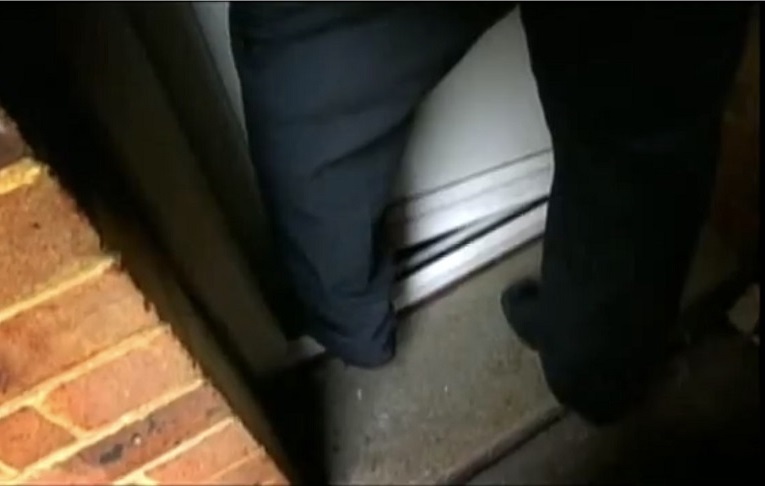
If pursued by a bailiff in your vehicle, pull over and stay inside. Wait for the bailiff to exit his van and approach your car, then drive away promptly.
Bailiffs often avoid visits when anticipated, as they are trained to steer clear of becoming subjects in TV documentaries on rogue practices. The industry has since adopted measures to be less media-attractive.
Despite their threats of early morning visits, bailiffs rarely arrive at the specified time. They intend to induce fear and secure payment over the phone, thereby avoiding the inconvenience of a visit.
Should a bailiff harass you for someone else’s debt, call 999 because that records an irrefutable time stamp on the police CAD (Computer Aided Dispatch). Describe the individual as a "suspect" rather than a bailiff. If they persist in seeking information or refuse to leave, report a disturbance to the police. In severe situations, such as cases involving domestic violence or vulnerability, you may apply for a restraining order.
Bailiffs generally have no interest in removing furniture or miscellaneous items, except for valuable jewellery and controlled substances, which can be easily concealed and taken. They may search the house thoroughly, rummaging through drawers and displacing items until they obtain a bank card from you.
Given the difficulty in disposing of old furniture, it is seldom targeted by bailiffs for sale.

